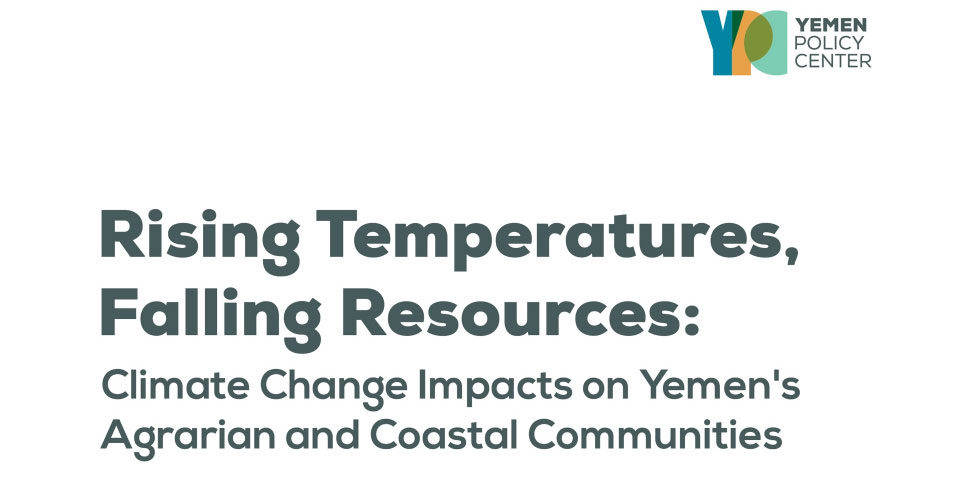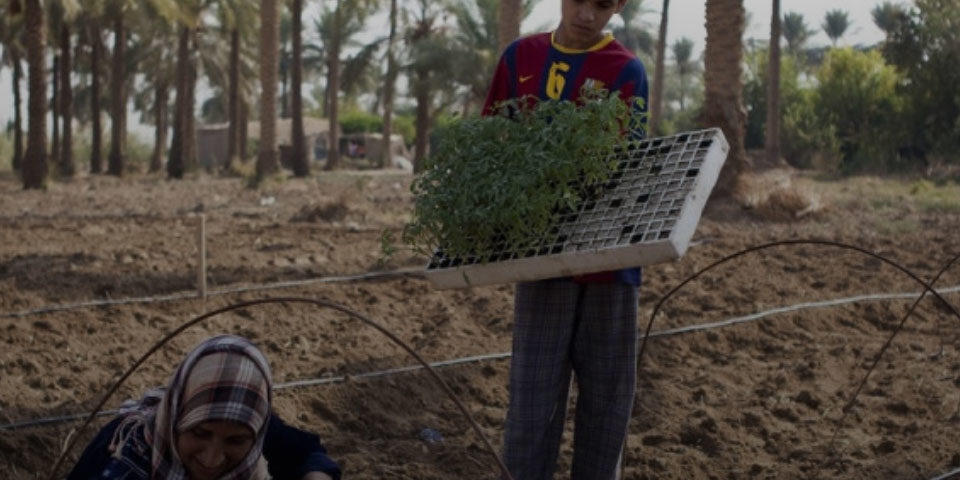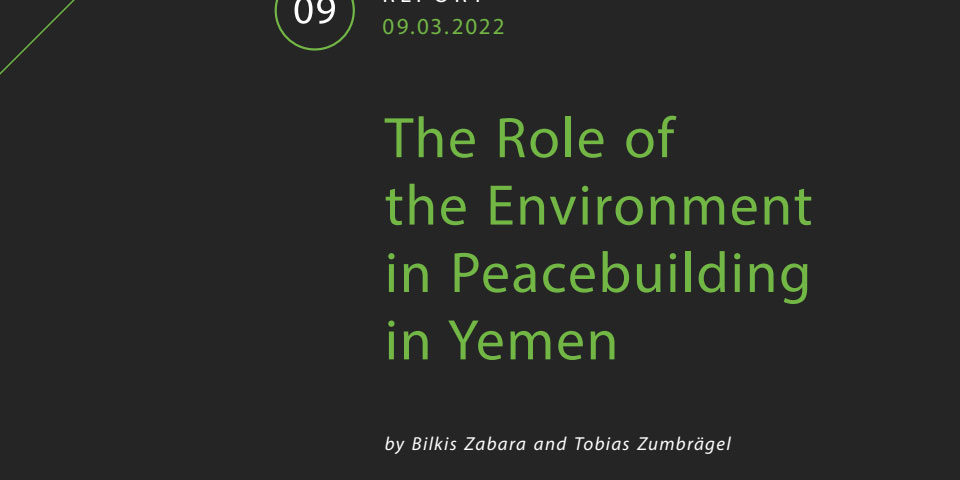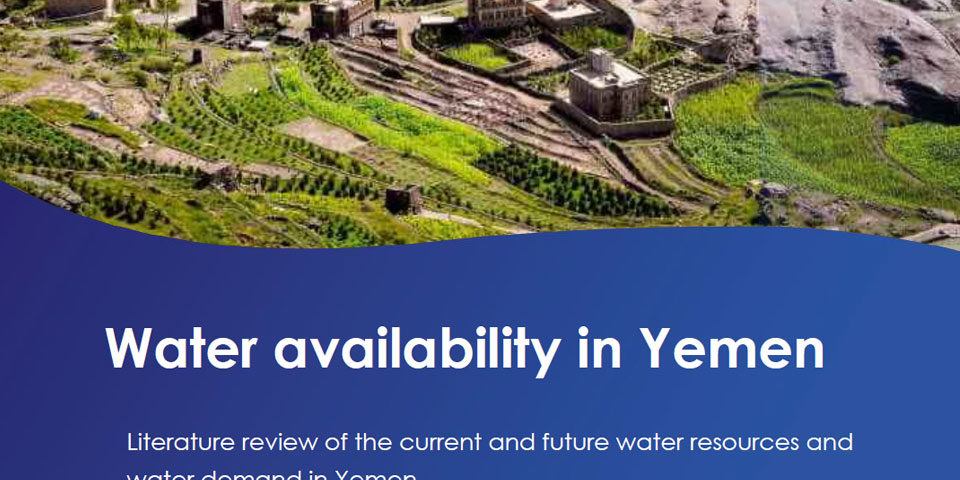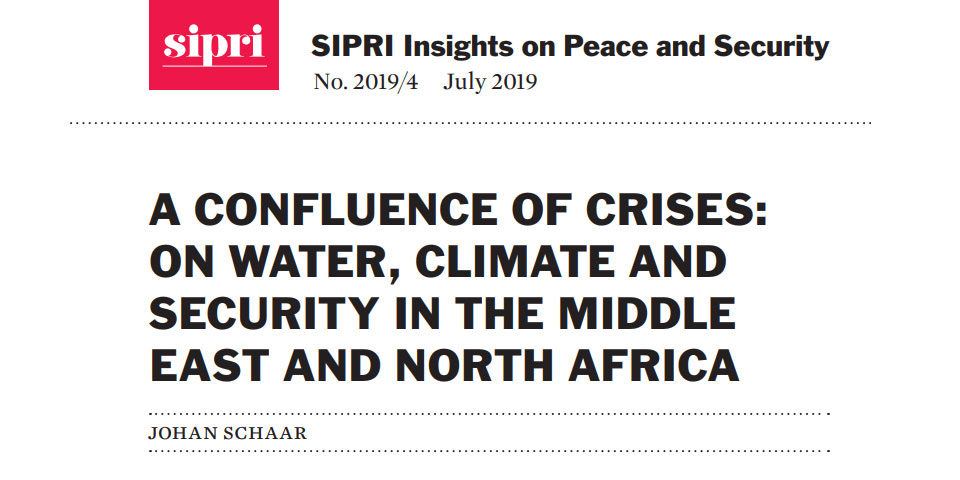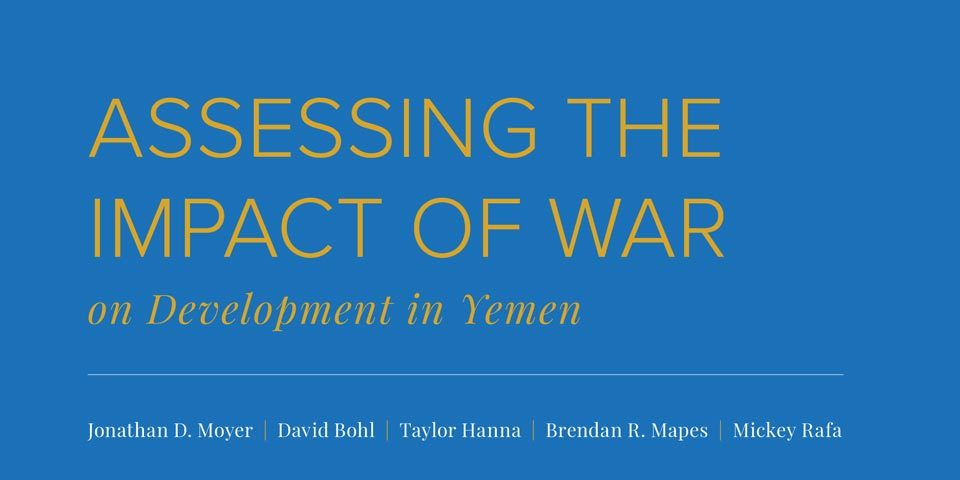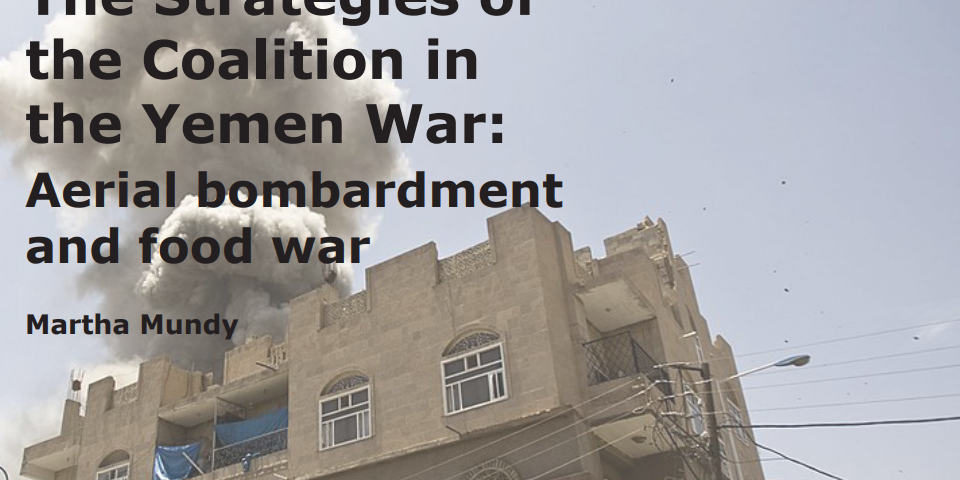YPC | Rising temperatures, falling resources: Climate change impacts on Yemen’s agrarian and coastal communities
This report focuses on two districts in Yemen which have been particularly affected by climate change and are likely to suffer further consequences in the future: Hajar district, Hadhramaut, and Tawahi district, Aden.

